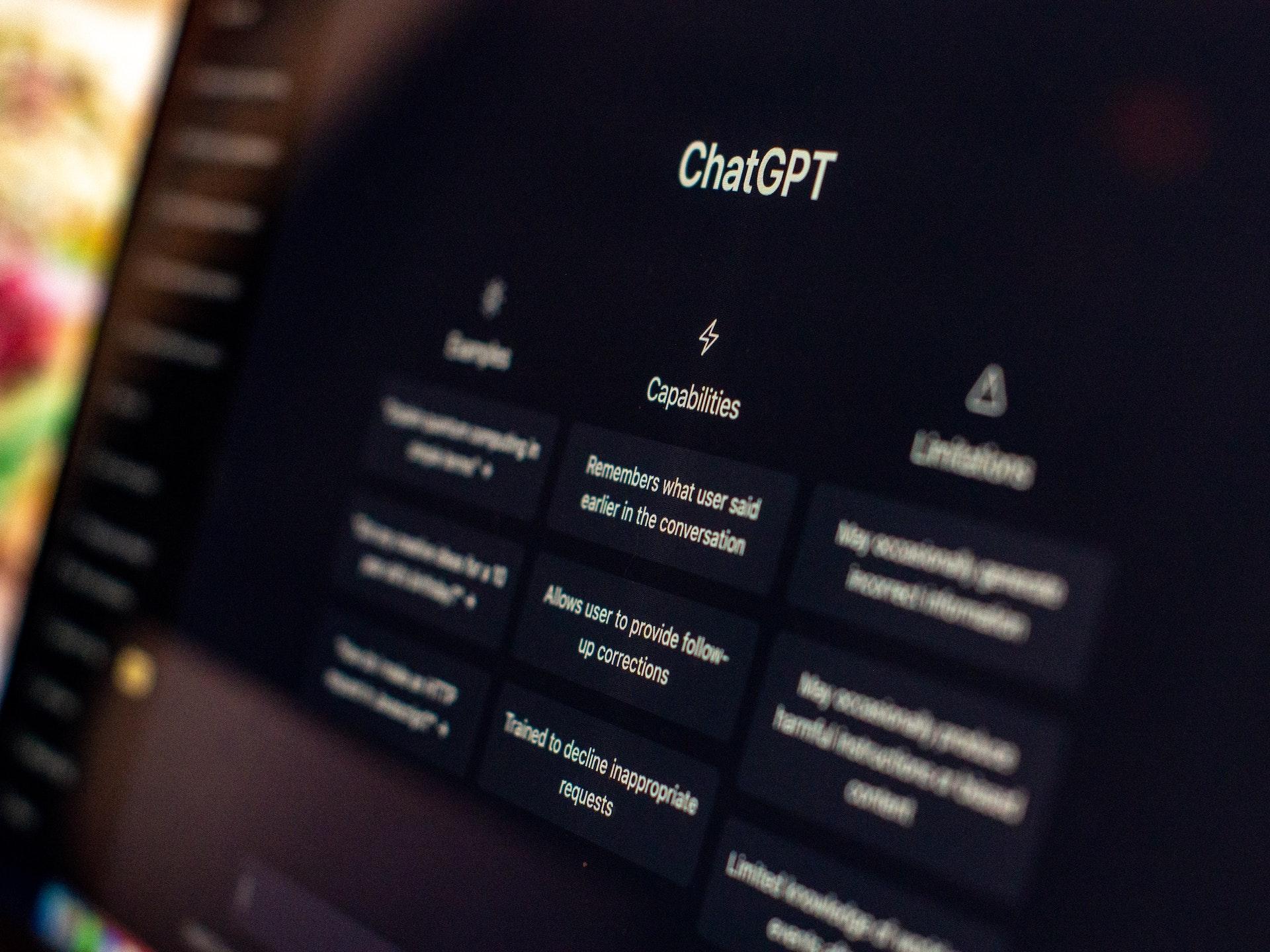
Artificial intelligence, or AI, is a rapidly growing field that has the potential to revolutionize the way we live, work, and interact with the world around us. While some people may be skeptical or even fearful of the idea of AI, there are many ways in which it can be used for good.
In the 1990s and 2000s, AI research began to focus on developing systems that could perceive and understand the world in a more human-like way. This led to the development of computer vision and natural language processing technologies, which enabled machines to interpret visual and linguistic data.
Today, AI is being used in a wide range of applications, from healthcare and education to business operations and transportation. As the field continues to evolve, researchers and developers are working to create more advanced and sophisticated AI systems that can perform even more complex tasks.
In this article, we will explore five examples of how AI can change our world for the better.
- Improving Healthcare AI has the potential to greatly improve healthcare outcomes by providing more accurate and efficient diagnoses. Machine learning algorithms can analyze large amounts of data to identify patterns that may not be immediately apparent to human doctors. This can lead to earlier diagnoses and more effective treatments, ultimately saving lives. Additionally, AI can help medical professionals keep up-to-date with the latest research and best practices, leading to better patient care.
- Reducing Carbon Footprint One of the biggest challenges facing our planet today is climate change. AI can help address this issue by optimizing energy consumption in buildings and transportation systems. Machine learning algorithms can analyze data on energy usage and make recommendations for more efficient usage patterns. This can lead to significant reductions in carbon emissions and energy waste. Additionally, AI can be used to develop more sustainable agricultural practices, reducing the environmental impact of food production.
- Enhancing Education AI-powered education tools have the potential to provide personalized learning experiences for students. Machine learning algorithms can analyze student data to identify areas where they may need additional support and provide tailored recommendations for further study. Additionally, AI can be used to create virtual learning environments that provide an immersive and engaging experience for students.
- Streamlining Business Operations AI-powered automation tools can help businesses become more productive and efficient. Machine learning algorithms can be used to automate repetitive tasks such as data entry and customer service, freeing up employees to focus on more complex and creative work. Additionally, AI can help organizations analyze large amounts of data to identify trends and make better decisions.
- Making Cities Smarter AI-powered smart city technologies can help make our cities more efficient, sustainable, and livable. Machine learning algorithms can be used to optimize traffic flow and reduce congestion, leading to shorter commute times and cleaner air. Additionally, AI can be used to monitor and manage utilities such as water and electricity, reducing waste and improving energy efficiency.
It is important to note that there are risks and challenges associated with the use of AI. As with any new technology, it is crucial that we approach AI with caution and consider the ethical implications of its implementation. However, by focusing on the potential benefits and working to address the challenges, we can use AI to make a positive impact on our world.
At Splendex, we are heavily invested in AI to improve our productivity and quality of work. We use AI to write better code, identify issues earlier in the development process, and provide our clients with the best possible products and services.
We delivered an AI -backed solution for Forbes in Hungary, Slovakia and Czech Republic to serve better quality content in a more tailored way to tens of thousands of daily readers.
The AI tool had to capture user data and offer personalized content suggestions to users based on their preferences and behavior. The tool had to be user-friendly, integrate seamlessly with Forbes’ existing platform, and be easy to use for editors. You can read more about the project here:
In conclusion, AI has the potential to make a significant impact on our world. From healthcare to education to business operations and more, AI-powered tools can help us solve some of the biggest challenges we face as a society.
By working to address the challenges and focus on the potential benefits, we can use AI to create a better future for all.